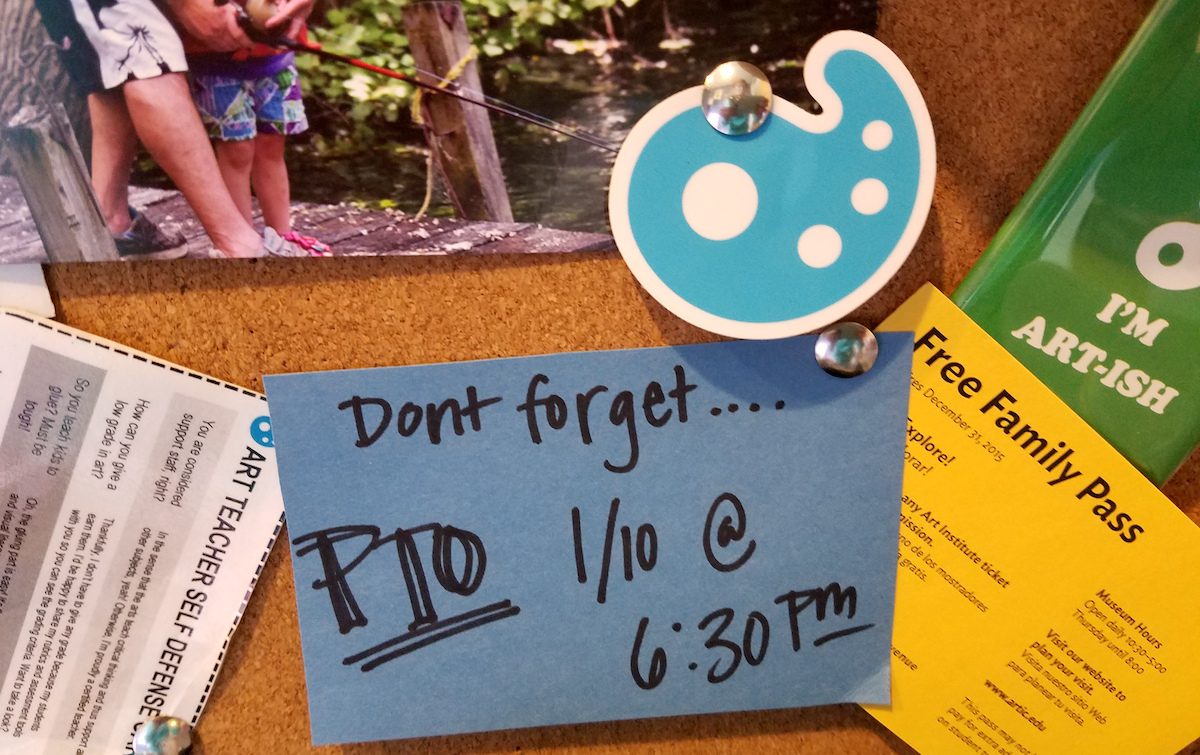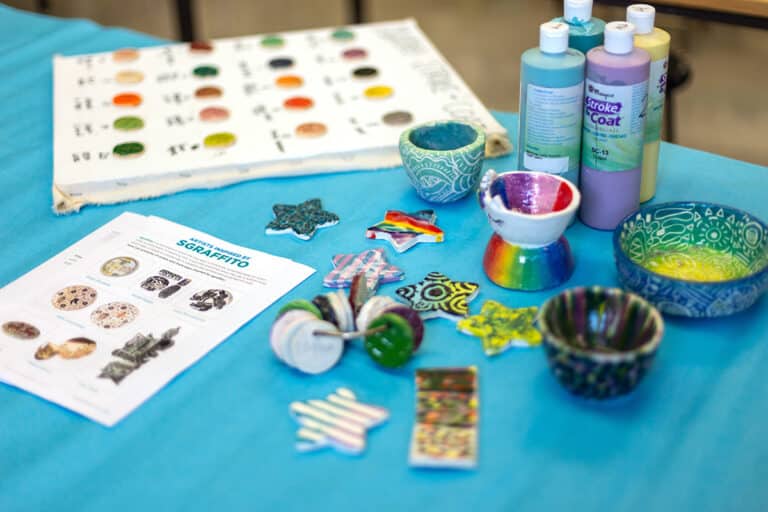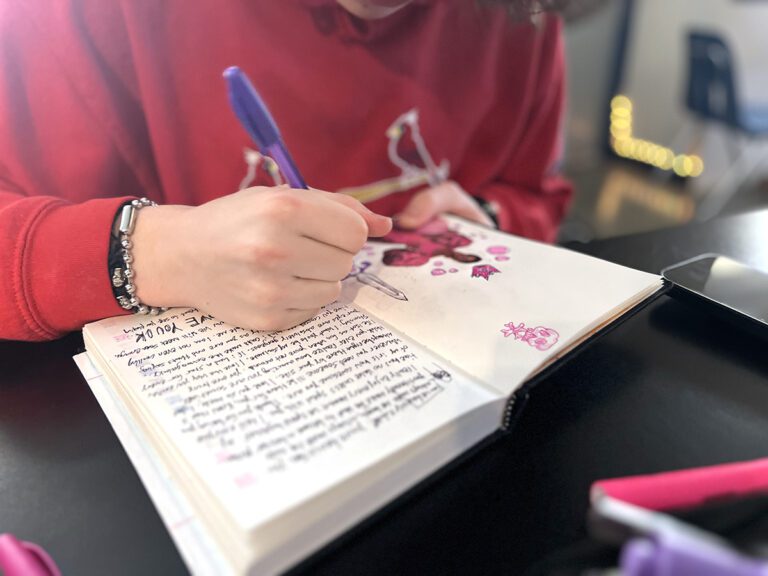Have you ever been “volun-told” to do something by your PTO or PTA? If you aren’t familiar with this term, it is a word describing the line that is crossed between willingly volunteering and feeling obligated to comply with a painful request. Basically, you are told to do something under the guise of asking. I am blessed with a great relationship with my PTO. But, as I talk to friends and colleagues in the profession, it sounds like there is a national epidemic of PTO “volun-telling.”
I feel qualified to offer a little advice on how to avoid this pitfall and keep your PTO relationship positive because I am a double agent. By day, I am an elementary art teacher. By night (well, one Tuesday night a month), I am the PTO secretary for the elementary school where I work.
As a PTO insider, I have three important insights to help make your PTO relationship work for you.
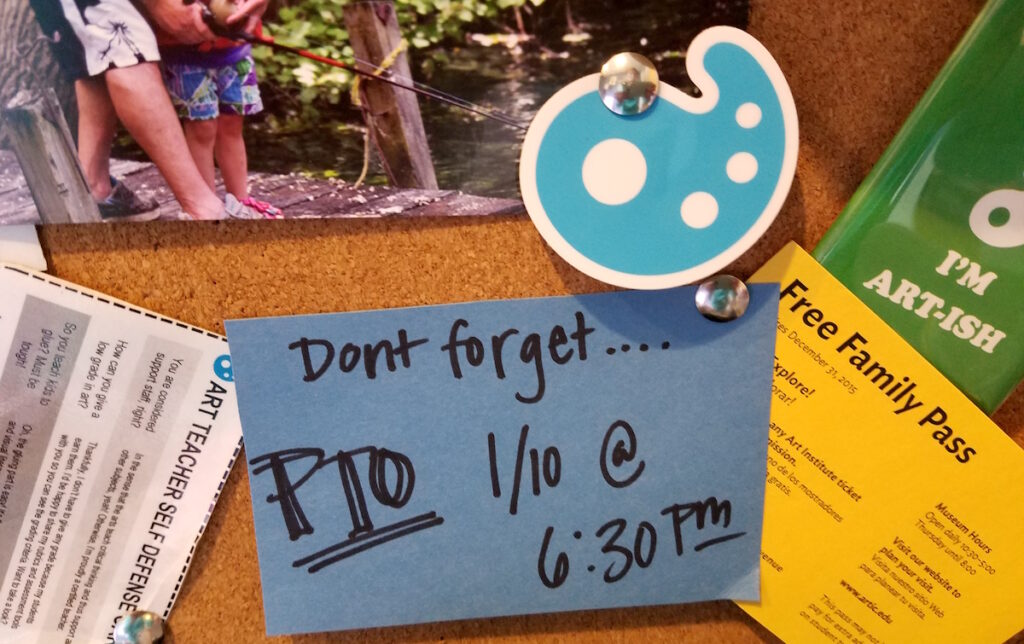
1. If they knew the rhythm of your school year, they would probably respect it.
What you need to know: Your PTO sees you as talented, and they know you possess skills which are often difficult to find in a volunteer. Combine this with your proximity, and you are probably the first person they think of for many art related tasks (posters, face painting, etc.). They mean well. When they ask you to do a task, they just may not realize how it fits into your larger working schedule (i.e., proximity to report cards or a district art show).
What you can do: If you are willing to help, do it on your own terms. Make them aware of the cycles of busyness you face during the school year. A great way to start this conversation is to attend the first PTO meeting in the fall. Introduce yourself and make it known that you (or your students) would be willing to volunteer a few times throughout the year. Then, proactively exclude your busy periods. Explain that you aren’t available in May, due to the art show, and the week preceding each report card is difficult for you, too. Once you have set some boundaries you are comfortable with, you are less likely to be asked at an inconvenient time.
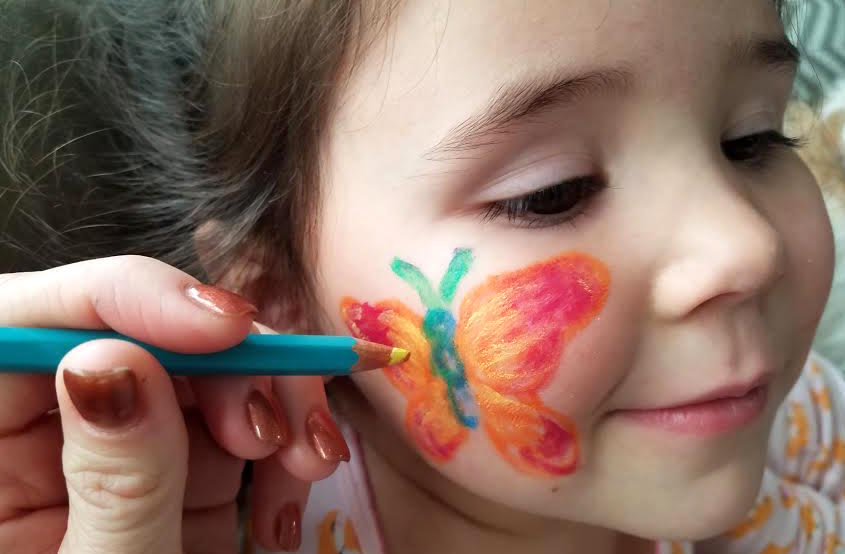
2. Financial decisions are often about numbers – play the numbers game.
What you need to know: Most PTOs fund-raise in order to support the educational needs of their kids, so money is available for teachers who ask. When they consider purchasing items for the school, they want their money to benefit the greatest number of students. Also, items that are not consumable are especially attractive to a PTO board because they have a lasting impact on the school.
What you can do: When you approach the PTO to request funds for something to benefit your program, play the numbers game. Point out that a purchase for your program often benefits the entire student body. Only a handful of faculty members can make this claim! Also, choose a non-consumable item your classes can use for years to come. For example, ask for brayers instead of ink. The sheer number of students using the item over time makes the purchase price totally justifiable, even on bigger ticket items.
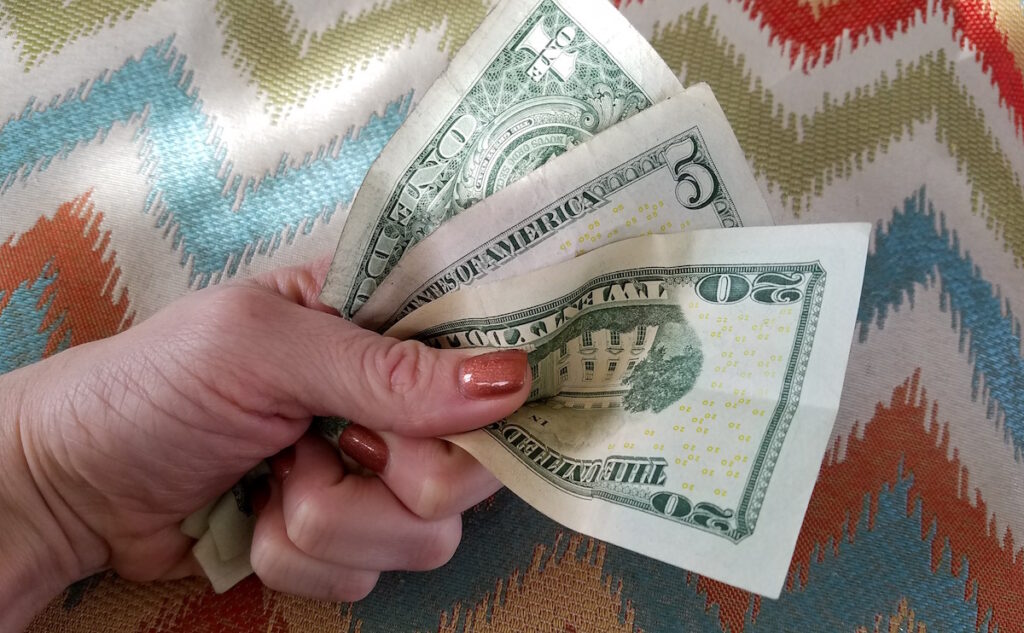
3. They have intimate knowledge of your specific school and community.
What you need to know: Your PTO members are the movers and shakers of your school community. They are the “doers” and problem solvers who routinely recruit and train volunteers who make school events happen. If you have a problem, they probably have the insights, resources, and people to help you solve it. Often, they are willing to go to great lengths to assist because they know their efforts directly help their own children – and that’s quite a motivator.
What you can do: If you have been assisting your PTO with various tasks, don’t be afraid to ask for a little reciprocal help, no matter how strange. Your PTO board represents a vast network of people who are very “plugged in” to the community and may have solutions you have never even considered. At a PTO meeting, I once heard a teacher lament how nice it would be if she had rock tumblers for a geology unit. The money wasn’t there, but several phone calls and a Facebook message later, several used tumblers were making their way to the school. All it takes is a conversation, and the PTO can set the wheels in motion.
Developing a positive relationship with your PTO can benefit both sides, so gather your courage and attend a meeting. You might be surprised by what you find!
How do you show your support for your PTO/PTA?
How does your PTO/PTA support your art program?
Magazine articles and podcasts are opinions of professional education contributors and do not necessarily represent the position of the Art of Education University (AOEU) or its academic offerings. Contributors use terms in the way they are most often talked about in the scope of their educational experiences.
